Mission
Youth Day in South Africa: The Young Unsung Heroes of 1976 and How Their Memory Inspires My Work Today
Written by Malikah Moosa on Jun 16, 2021
Related content: Diversity And Inclusion, Corporate Social Responsibility
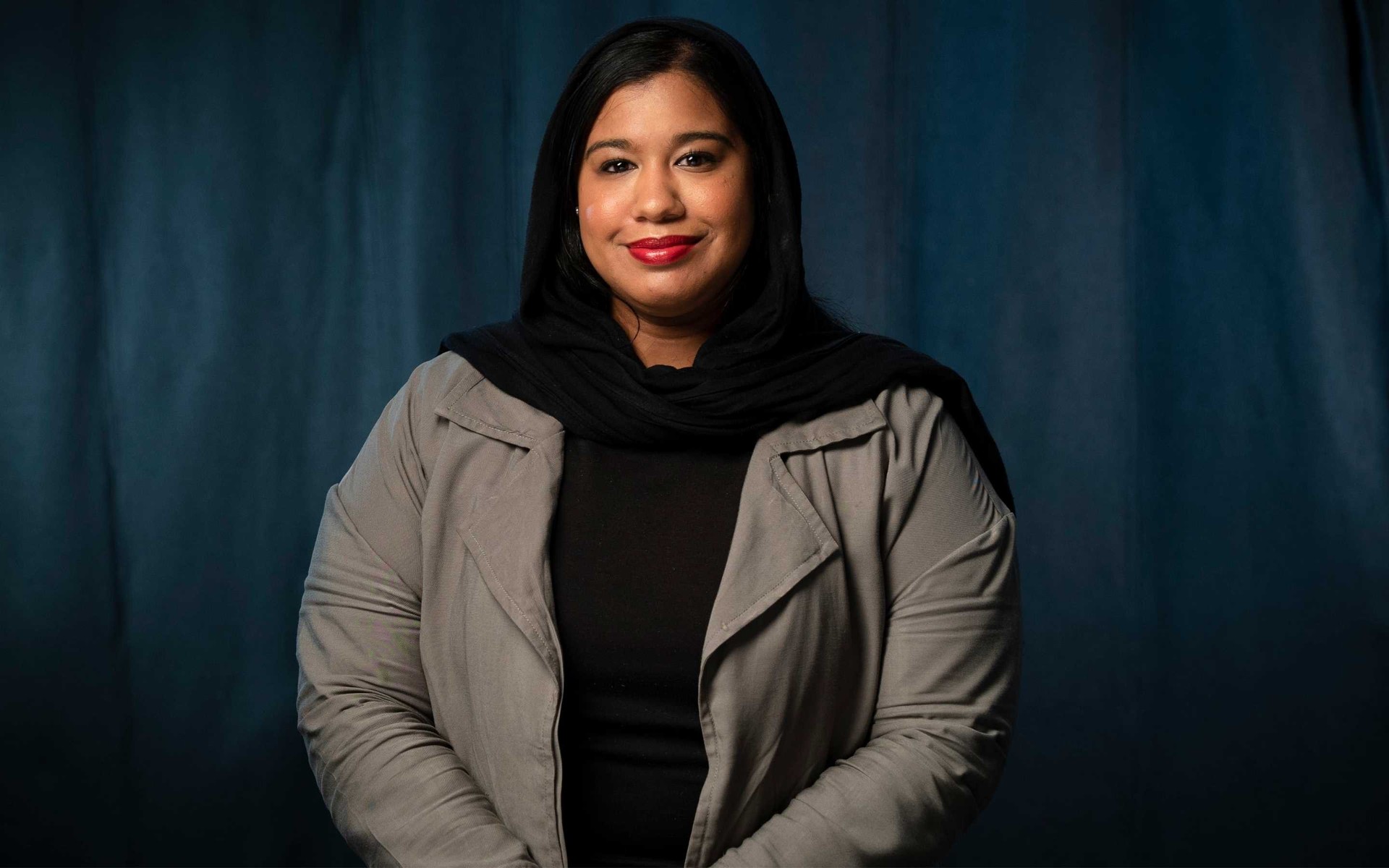
Today, June 16, is also known as Youth Day in South Africa. It’s a public holiday during which we celebrate the youth of our country by honoring the young unsung heroes of a not-so-distant past—and the sacrifices they made for a more equal education system.
In 1953, the Apartheid government introduced the Bantu Education Act. This act was designed to separate Black and white South Africans and educate Black people strictly as labourers, workers, and servants. Similarly, the Coloured Persons Education Act of 1963 and the Indian Education Act of 1965 were passed to separate Coloured and Indian people from white schooling. Students were deprived of facilities, teachers were in short supply, and financing for Black students was far less (ZA 146.00 per Black child) than what was spent on white students (ZA 1,211.00 per white child). Teaching staff also possessed different credentials. White teachers had tertiary education (college) degrees, while the rest were only required to pass a matric (high school) exam. To make matters even worse, in 1975, the government ordered Black schools to use Afrikaans—a language associated with Apartheid at the time—as the compulsory medium for instruction in secondary schools, alongside English.
One year later, in 1976, the Action Committee of the Soweto Students Representative Council organised what was to be a peaceful protest in Johannesburg against the Bantu Education Department. While the introduction of the Afrikaans language requirement was the direct catalyst of the protest, the subsequent uprising on June 16 of that year can actually be traced to 1953’s Bantu Education Act. The youth of Soweto bravely stood up to a monumentally flawed education system characterised by separate campuses, overcrowded classrooms, and inadequate schooling facilities for Black students.
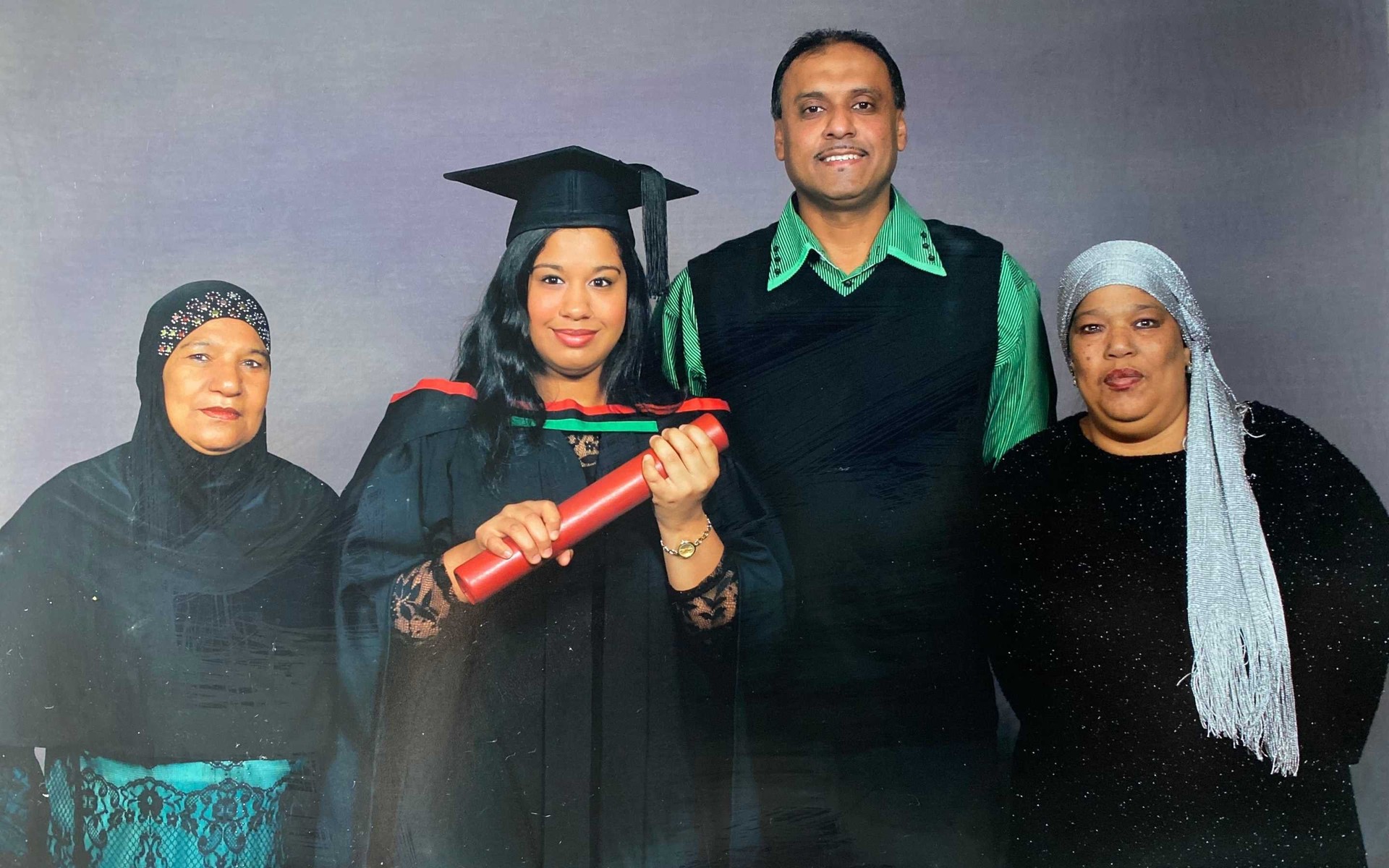
Between 3,000 and 10,000 students gathered that morning to march in the streets of Soweto. The peaceful protest soon became tense once police arrived and formed a barricade. Teargas canisters were lobbed and live bullets were fired. On this day, 23 students lost their lives, including 12-year-old Hector Pieterson. This senseless slaughter of students triggered widespread violence across South Africa, resulting in even more lives lost—176 in all.
Forty-five years later, even though we've seen improvements in the delivery of and access to education for Black South Africans, there is still much work to be done. Now the primary problem involves the socio-economic status of South Africans and where each family is able to afford to send their children for schooling. Funding is also a challenge for some government schools, and tertiary education remains more of a luxury than an opportunity. The majority of South African youth still cannot afford to get a tertiary degree, leaving South Africa with yet another plague—youth unemployment. Today, 74.7% of South African youth are unemployed, and factors such as funding, access, and resources all continue to play a role in that disparity.
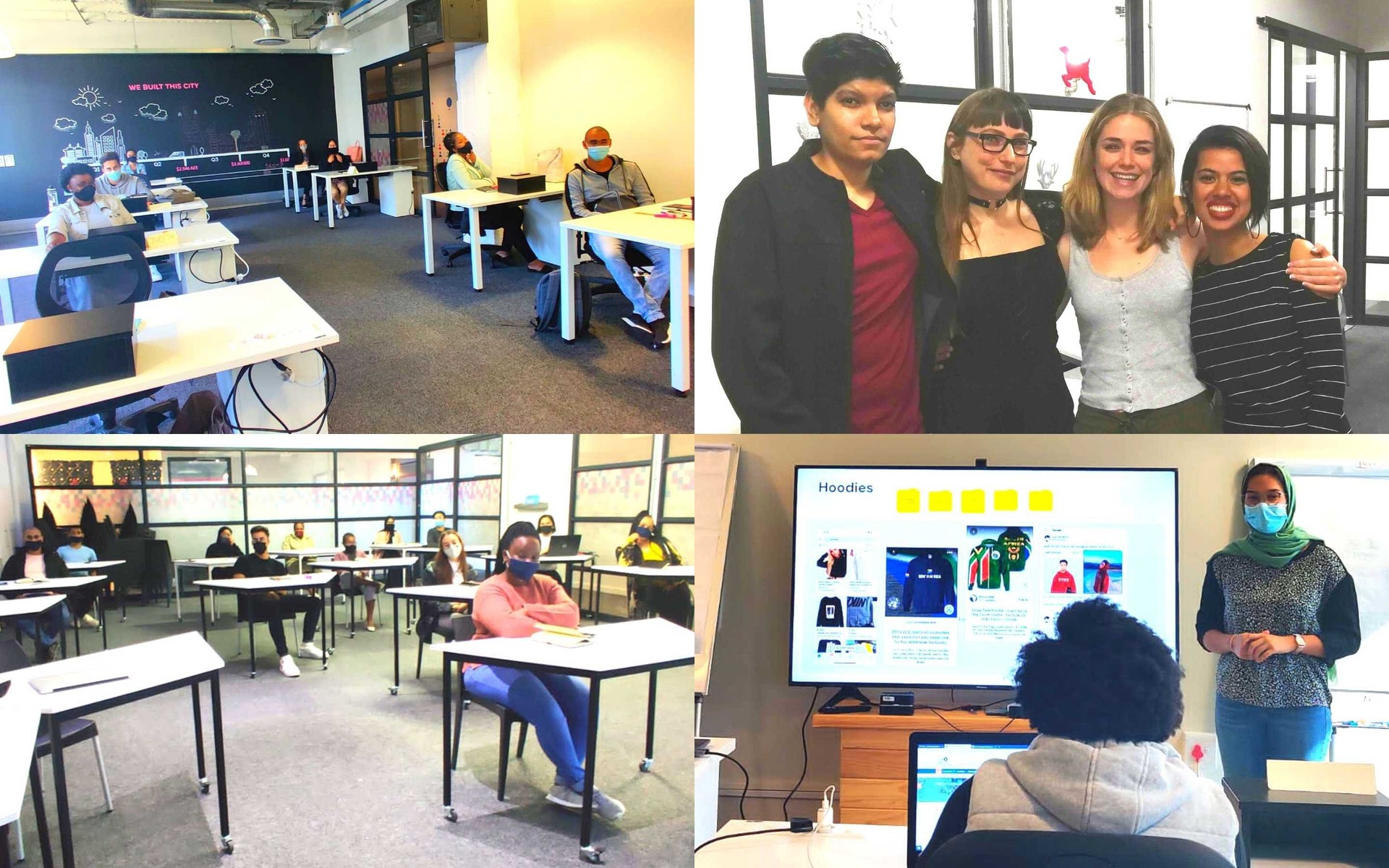
Bridging the Gap with Internship and Learnership Programmes
As a Brown South African woman, whose parents and grandparents lived through Apartheid, I am incredibly grateful for the educational opportunities I was given. My parents worked hard and made many sacrifices to provide me with an education that would set me up for success. In most Black and Brown families, there is an enormous sense of pride when a child achieves a tertiary qualification. Given that I’ve been privileged enough to earn a tertiary degree—and I now work for a company that is actively “eliminating the back row in education”—I’m taking the day off (as South Africans do every June 16) to reflect on how 2U is giving back to our youth.
I am comforted by the fact that, here at 2U in Cape Town, we hold the development of young people in high regard within our organisation. This is evident in our successful internship programme, both in South Africa and the USA. Not only does this programme show the significance of internships for youth and how they help bridge the gap between university and graduates’ first jobs, but it also emphasizes how important it is for us to be developing the leaders of tomorrow.
More recently, 2U has also invested in new learnership programmes. Learnerships were first introduced in South Africa through the Skills Development Act of 1998 as a way to promote access to education and training, and also address unemployment and skills shortages across the country. Learnerships typically welcome individuals who have either completed school, college, or instruction through another training institute, and/or they’re currently unemployed. Learners are given the opportunity to gain theoretical knowledge and practical skills in a workplace such as 2U, leading to a qualification that is registered on South Africa’s national qualifications framework (NQF). 2U currently has three active programmes: a digital marketing programme run through Red and Yellow and a creative, systems, and technology programme run through Umuzi.
As an HR manager for diversity, equity, and inclusion (DEI) with 2U’s Cape Town office, I’m grateful to the leadership team for entrusting me with a role in the implementation, coordination, and evaluation of improving our internship and learnership programmes. This work without a doubt is one of my favourite parts of the job. I find great joy in being a part of these students' journeys and watching them grow and develop during their programme. It’s even more rewarding when we’re able to convert a student from an intern to a full-time employee.
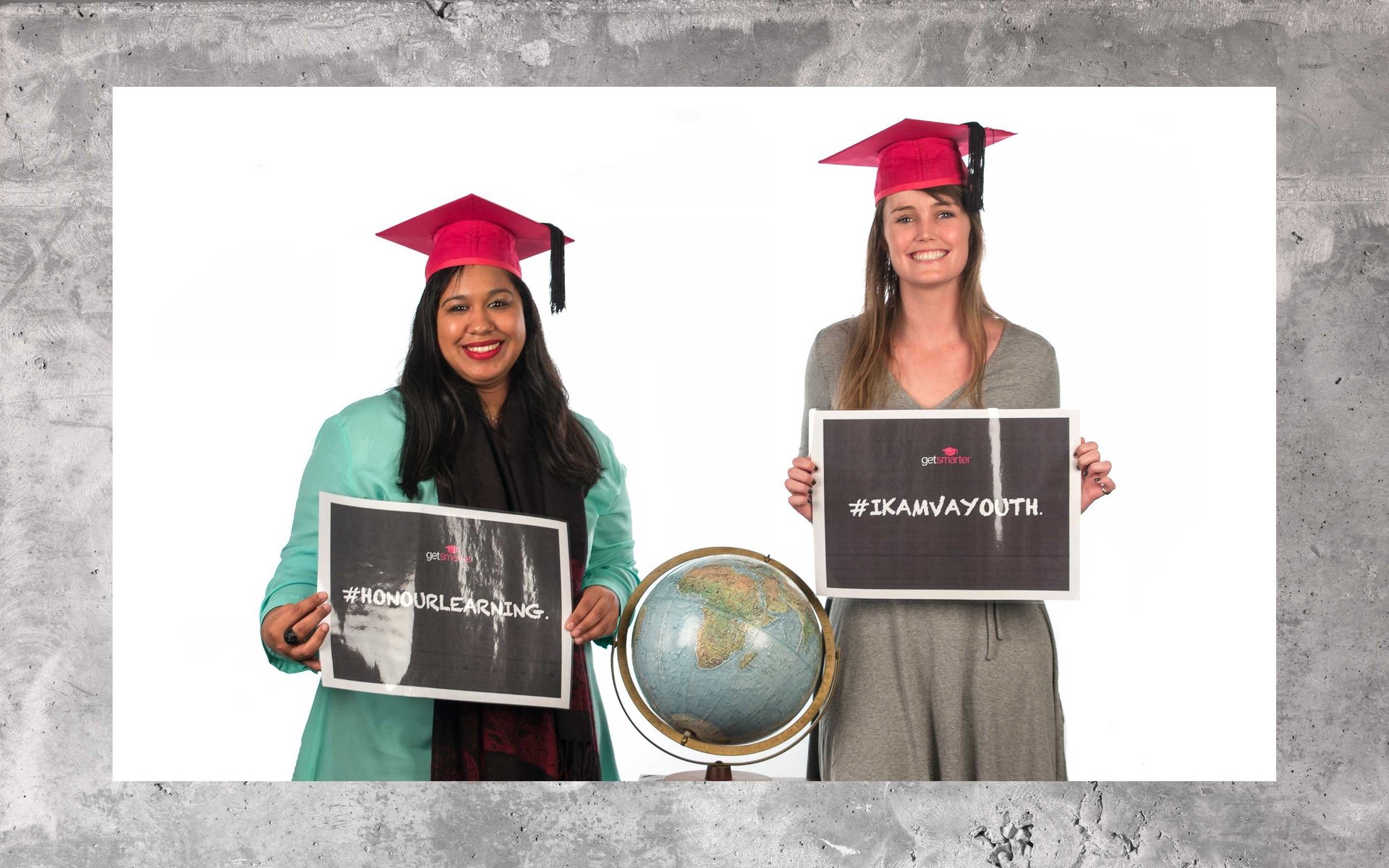
A Day Reserved for Reflection—and Action
Our work as a company and as those among the fortunate does not end here, however. We must continue to seek new ways to help uplift South African youth. So as I reflect on the bravery of those young people in Soweto 45 years ago, I am humbled and grateful. Their sacrifices gave us an opportunity—and a reason to also celebrate the youth of today. I am proud to be part of a generation of compassionate and tenacious people who use our voices and our platforms to speak up against injustice, challenge inequality, and help create a South Africa that is truly free for all.
As you reflect on your journey—your educational privilege, your career path, and all the people who rose up and gave their lives so that you could be where you are today—I encourage you to mark June 16 on your calendars as Youth Day and explore ways you could help give South African youth a better future. IkamvaYouth, one of 2U’s community partners in Cape Town, is one place to start.
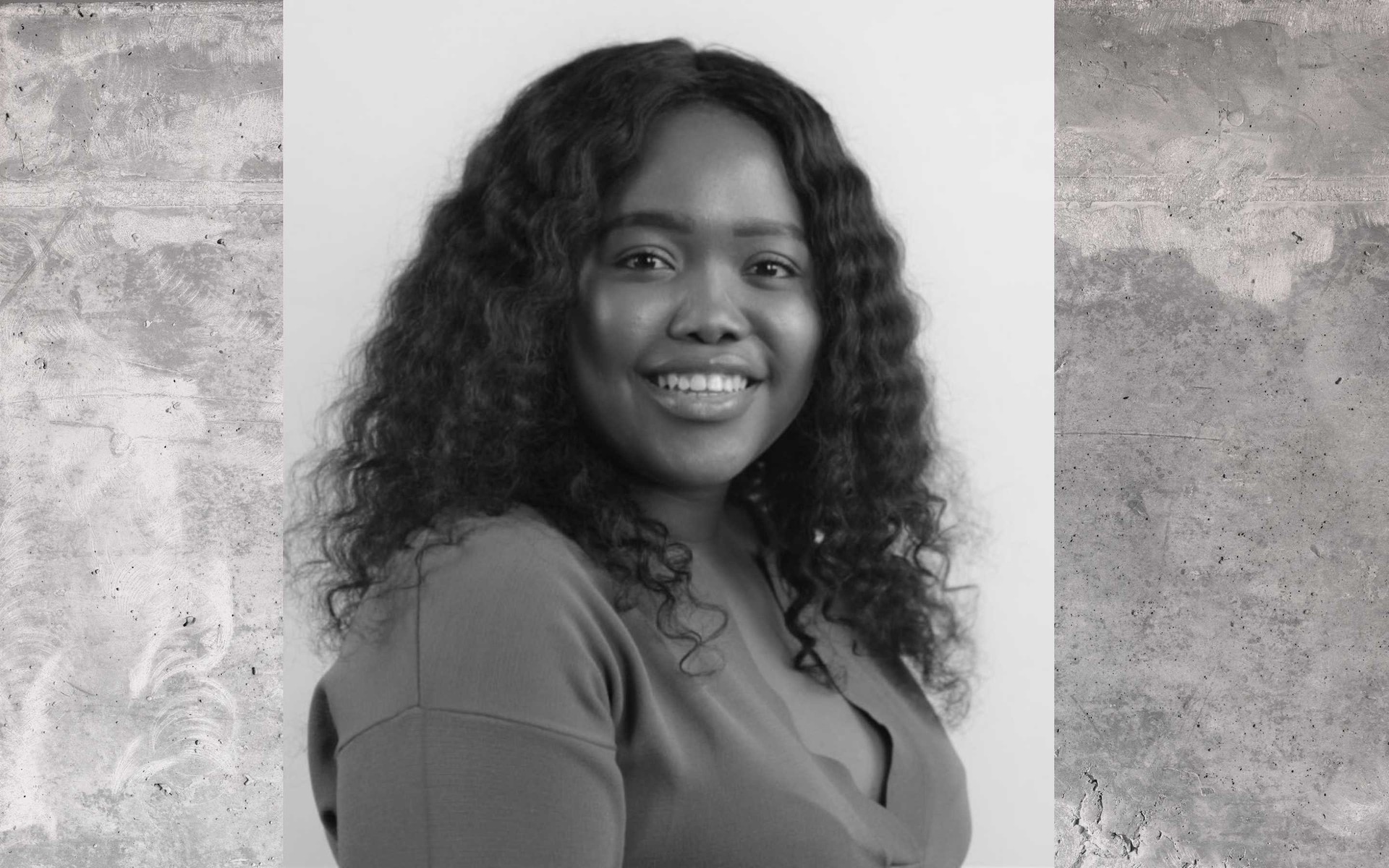
Another Perspective on Youth Day
My Cape Town colleague Mona-Lisa Toleni, a student success advisor and one of my former interns, had these powerful words to share about the holiday:
“This year, I’ll be spending Youth Day reflecting on the bravery and will of today’s youth to reshape and reimagine a decolonised experience of tertiary education in South Africa. Like the young people of 1976, we are still fighting for equal education 45 years later. But this time instead of race, it’s socio-economic status.
Youth Day is a day to commemorate the lives that were extinguished or forever shaken by the turmoil and trauma of that moment in history. As a Black woman in South Africa, whose family has played a part in various protests for equality, I am aware that the privileges of education are only experienced by those who can afford it. It’s near-impossible for middle-class and lower-income citizens to access a quality education today. To have all the resources and tools that will allow you to finish, and finish well enough to proceed to tertiary education, is sadly only a dream for many.
Working for 2U has shown me how key technology is to making education more accessible. My hope is that one day everyone, regardless of their socio-economic reality, can reap the rewards of a quality education. Until then, I will continue to honor the memory of 1976.”